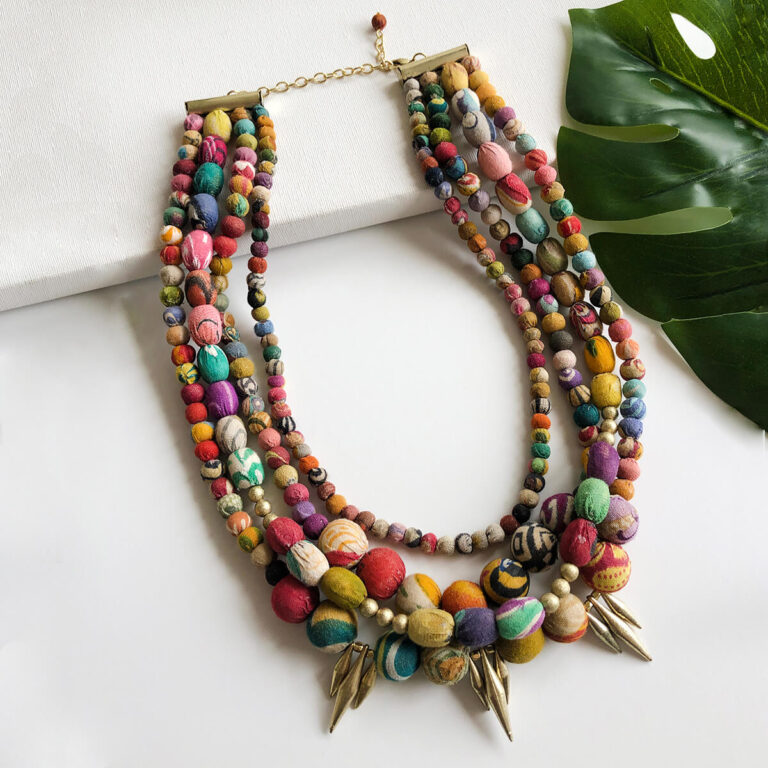Jewelry is often very personal to the wearer, and sometimes ethics and concerns about the environment can be overlooked when you are caught up in the beauty of the design. With green issues and ethics being in the news far more than a generation ago, we now understand the need for sustainability when you are purchasing anything including new rings, necklaces or indeed any other form of jewelry.
So can unique silver necklaces, for example, ever be ethically produced and sold by eco-friendly brands? It has the potential to become an ethical issue in the same way as coffee and food production has done so in the last decade. Knowing the origins of a gemstone or precious metal is crucial. It has a significant impact on the price both now and in the future. Of course, it is not just the origins, it is how it was manufactured and the conditions that everyone from miners to jewelers worked under.
The provenance of jewelry
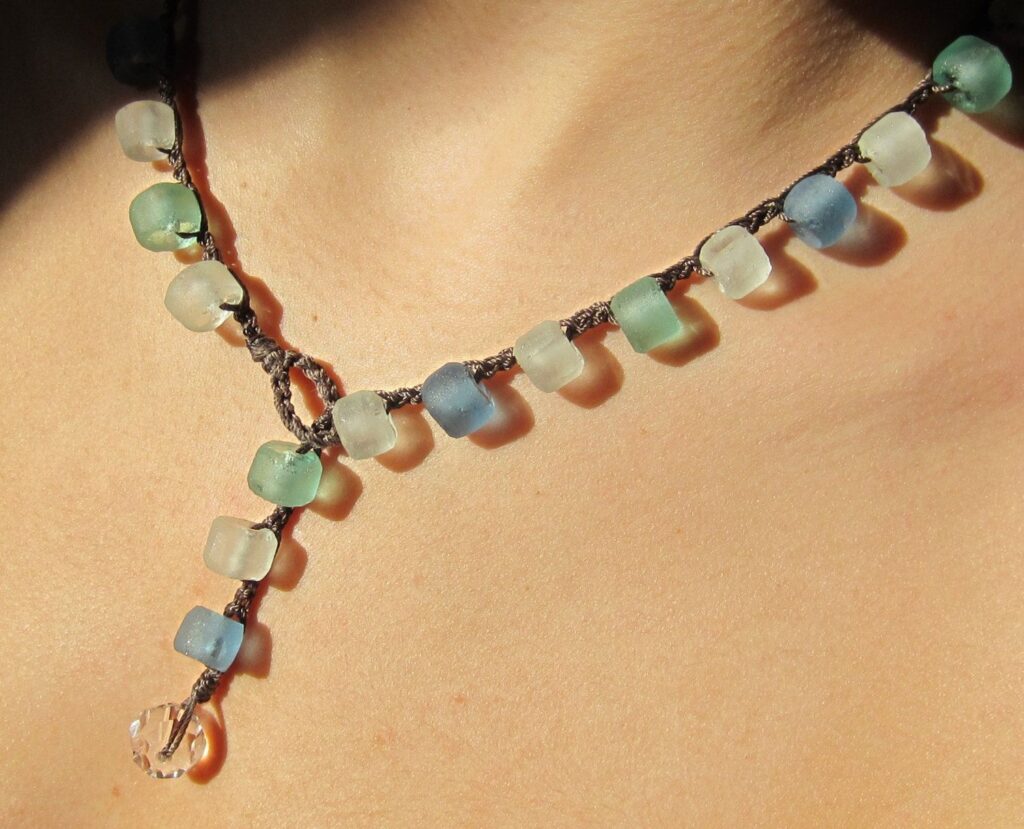
If you were to go back 50 years, the only thing that was important with gold and silver as if it was hallmarked. It represented purity and quality while also giving information about the assay office, which confirmed its authenticity. The origins and any moral issues were overlooked in favor of something that looked beautiful and would impress others. With diamonds, it was their clarity and color with a small degree of concern about the country of origin, but for value purposes, not ethical ones.
Thankfully, that has now changed. While the beauty, quality and design are still hugely important, consumers now genuinely care about the morality of the product to the same extent as with ivory decades ago. Countries and brands that use child labor, adopt inhumane working conditions or use blood diamonds in their pieces are avoided by the general public forcing brands to adopt new working practices.
The need for transparency
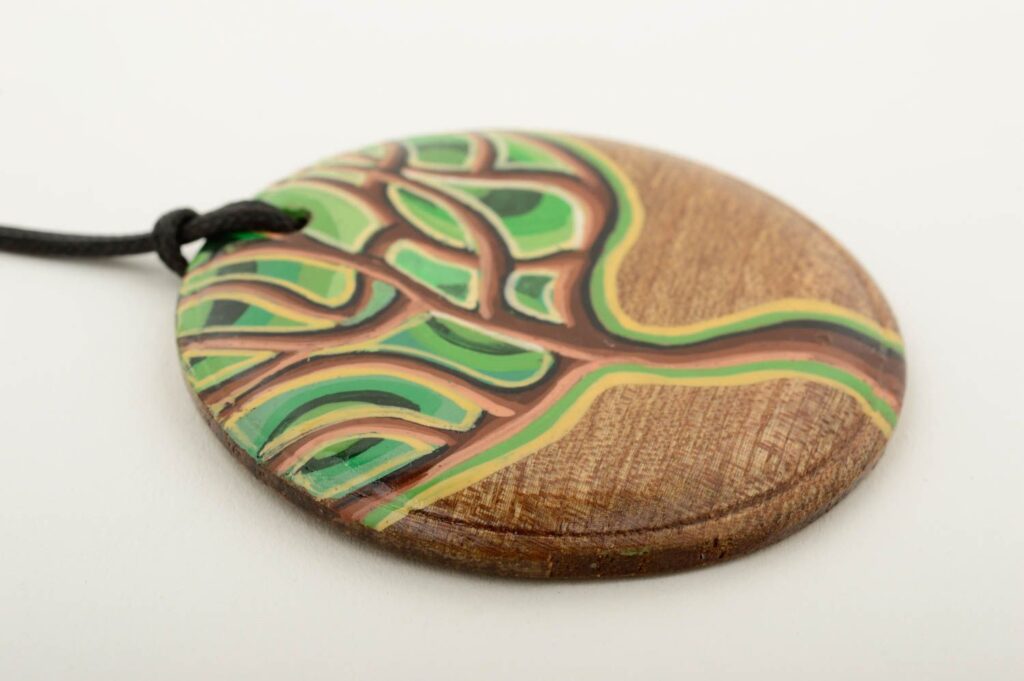
According to Messyweekend.com, individual designers, the public, and many brands have shifted away from dubious practices. Still, some reputable private jewelers feel that more needs to be done when it comes to transparency within the industry. Most consumers are aware of Fairtrade when it comes to foodstuffs such as coffee and fruit, but few are aware that the same is available when it comes to precious metals. Fairtrade works tirelessly to help small-scale miners and ensures that they receive the money that they should without being bullied by major corporations.
Many in the industry are keen to promote Fairtrade goods and put sustainability and ethics at the heart of what they do. Unfortunately, this has been challenging, and more needs to be done to make the public aware of the green credentials that many brands, including Iconic, embrace.
“Those who are less keen for openness and don’t appreciate organizations and welfare groups following up on their processes, regrettably, are either dodging the topic or jumping on the bandwagon while turning a blind eye to unacceptable practices,” says Ami Mandel, founder and CEO of eco-friendly jewelry brand, ICONIC.
Time-consuming
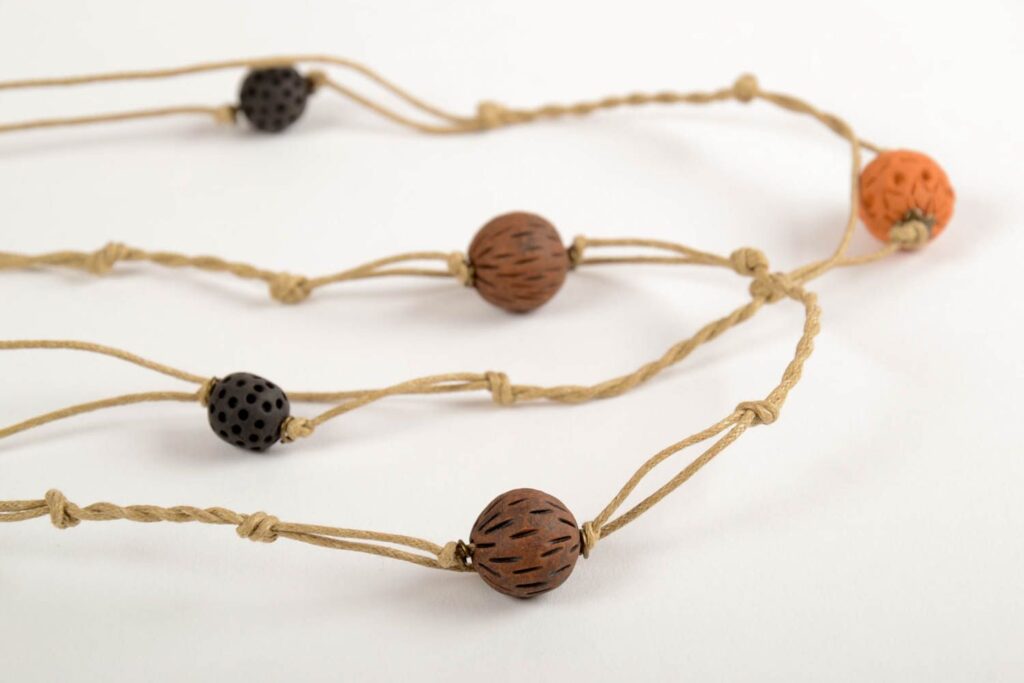
A weak argument for not using eco-friendly brands has been that the research involved is time-consuming. However, this reinforces the point that there is a need for greater transparency, and by asking relevant eco questions, you get something of greater value both morally and financially. Buying something based on what you have been told is no longer acceptable. It could even render your pieces almost worthless in years to come when, as with fur, the masses shun products with questionable or untraceable provenance.
Can mining ever be eco-friendly?
Precious metals and gemstones are materials which are generally mined from the ground with panning not being commercially viable. However, the damaging effects of mining can be softened by using smaller mines and limiting the use of harmful chemicals. As the mined products are finite, the mines themselves only have a limited life-span. Reforestation and the reintroduction of flora and fauna when the mines close can lessen the carbon footprint with natural habitats can be returned.
Fairtrade and Fairmined do all they can to encourage these small scale mines and actively educate and support poorer communities, demonstrating how these softer practices can benefit everyone. With this widespread education, it is possible to become more eco-friendly, and this is why it needs to be promoted. Certification schemes are becoming increasingly common where smaller jewelers can be advocated as “ethical”, and this is again something which should encourage but will also require some self-regulation.
What questions should consumers and jewelers be asking?
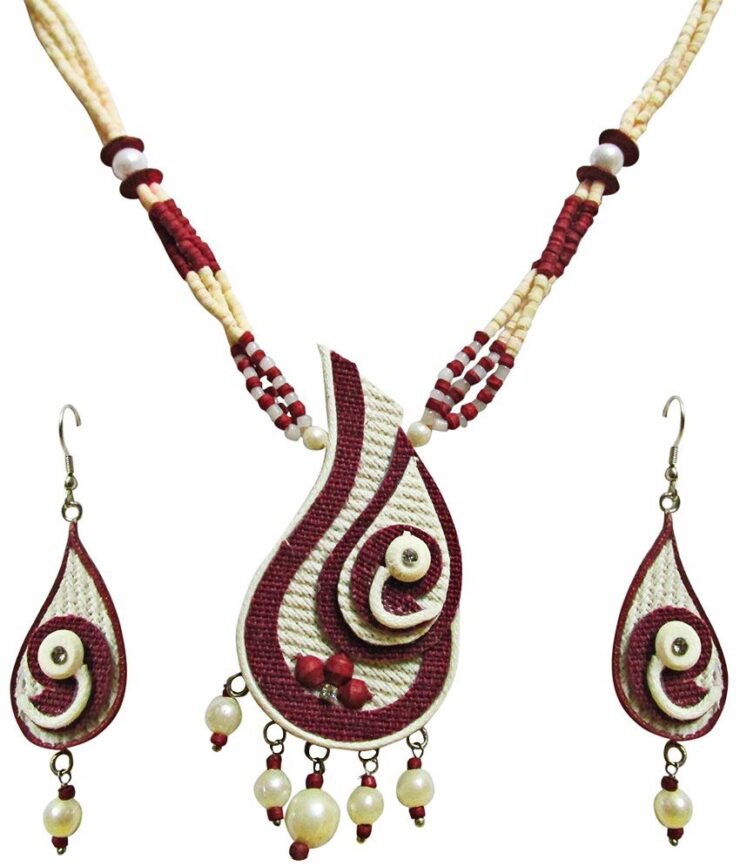
With private designers and high-end jewelers wishing to promote themselves as ethical, they must ask probing questions of their suppliers. Taking answers at face value will devalue the certification and accreditation schemes, so evidence is required. Any suppliers who make false claims about their ethical and environmental values should be avoided. Worst still are those that ignore the issues and some are even calling for them to be exposed by the mainstream media.
Consumers should be asking for details regarding the materials used, where was it made and where did the raw materials come from? Specifics are crucial, but unfortunately, suppliers and the brands are not legally obliged to reveal this information. For this reason, we always encourage consumers and the public to go with brands that are open and transparent about what they do, where their materials are sourced from and by whom.
Avoid fakes
Ethical products in any industry are definitely in vogue, which sadly means that false claims and even bootlegging is common. The only way to avoid it in the jewelry industry is by demanding proof, certificates of origin, hallmarks and being part of certification programs as it will force fraudsters, and that is what they are, out of the industry, if they make false claims.
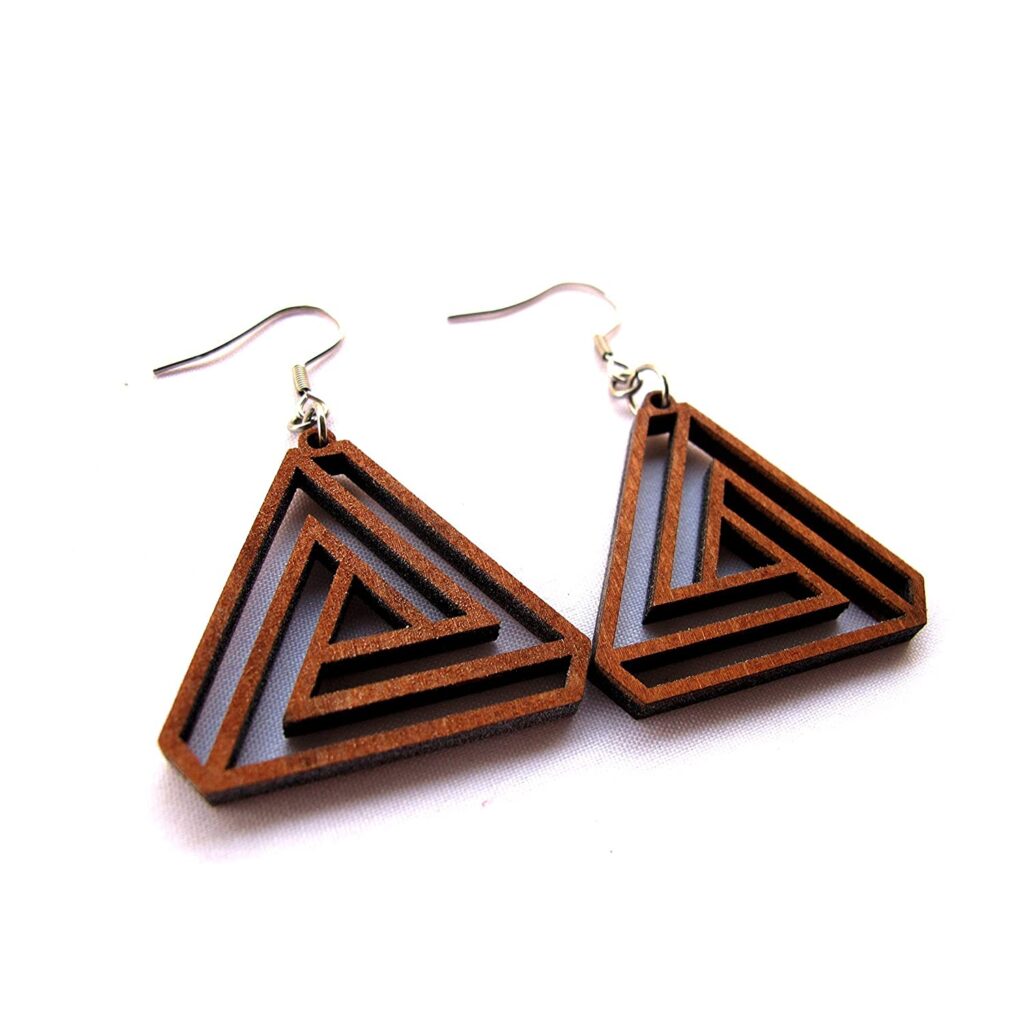
Finally
The fashion industry is noted for its wasteful approaches. When you buy jewelry, buy something that you love and will have longevity. It will reduce wastage, increase sustainability and give you excellent value for money. It is why we should all choose to buy from eco-friendly brands.
